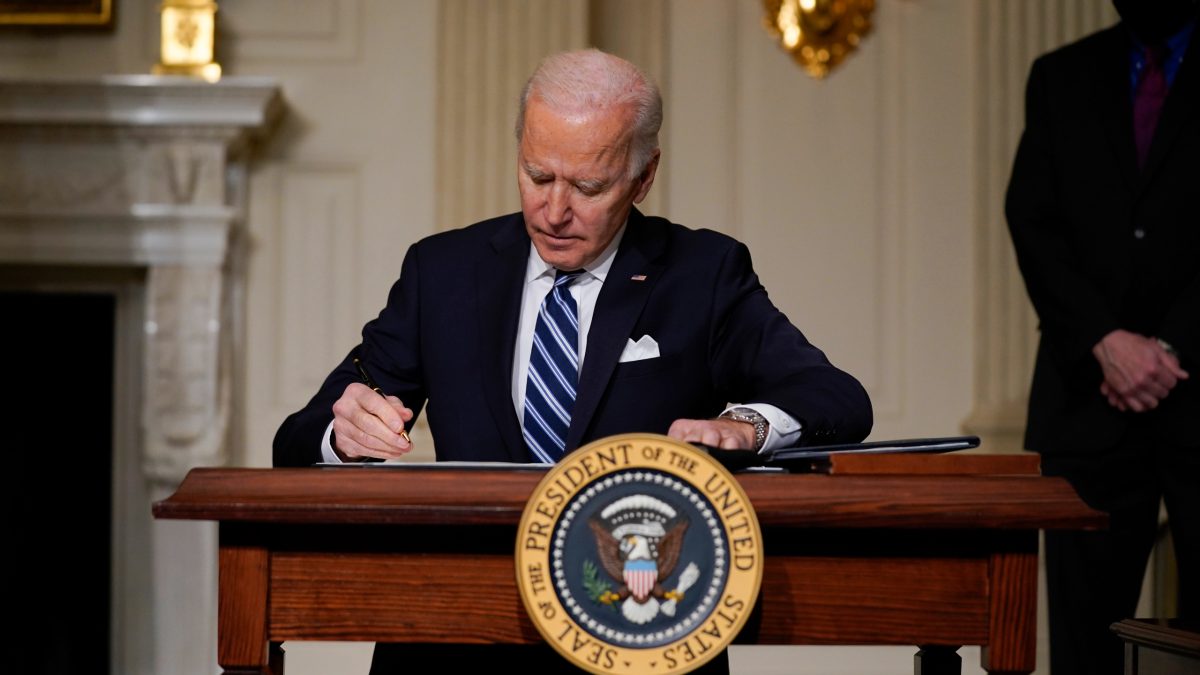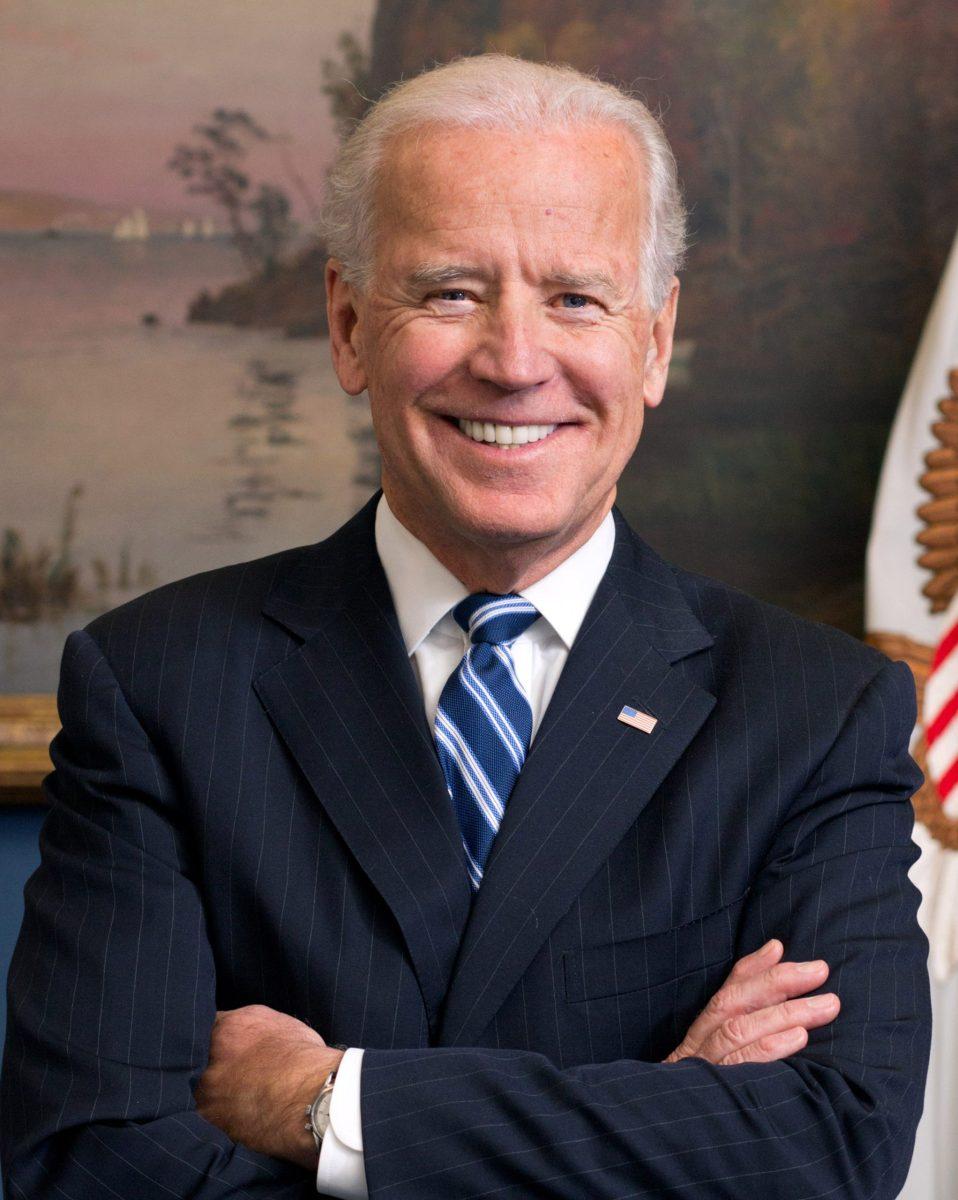Donald Trump, flush with victory, has wasted little time beginning his administration’s transition to power.
The President Elect has transformed Trump Tower into a Presidential Headquarters, meeting with politicians and reporters to discuss future policies while the Secret Service guards the area like a fortress. However, even post election, Trump continues to surround himself in controversy. For instance, he took to Twitter to criticize the cast of the popular play Hamilton and demand an apology after the cast delivered a message during a performance to Vice President Elect Mike Pence; Pence later claimed to not be offended by the message. Days later, 2016 Candidates Jill Stein and Hillary Clinton began filing for recounts in several swing states, leading to Trump lashing out against the process by declaring it was a scam and a waste of time, even though he claimed that millions of people illegally voted in the election.
Despite all this, Trump has made considerable progress in filling up his cabinet, many of which are seen as safe picks. For instance, the President Elect has chosen Elaine L. Chao, a former Labor Secretary under President Bush, to lead as Transportation Secretary, Ben Carson, a retired neurosurgeon and former presidential candidate, as Secretary of Housing and Urban Development, and James Mattis, a General who led a marine division during the invasion of Iraq, as Defense Secretary. Yet some of his picks are far more controversial, even ironic. For example, Trump has chosen Steven Mnuchin, a former Goldman Sachs Executive with no government experience, as Treasury Secretary, Stephen Bannon, a right-wing media executive accused of representing racist views, as Chief Strategist, and Jeff Sessions, a Senator of Alabama who was rejected for a federal judgeship in 1986 over his racially charged comments and actions, as his Attorney General. Strategically, Trump has considered offering Senate Democrats positions in his administration, a move designed to make it impossible for the Democrats to take control the Senate in the 2018 election.
Yet, the role of Secretary of State, the most powerful and sought after position in the administration, has not yet been filled. Currently, the candidates are a mix of highly qualified but sometimes outspoken officials and loyalists from the campaign. For example, former GOP Nominee Mitt Romney, a man who has lambasted Trump on multiple occasions during the election cycle, has met with President Elect twice to discuss the position and their respective policy views. Meanwhile, several campaign backers are pushing for former NYC Mayor Rudolph Giuliani, a longtime supporter of Trump, for the position. Other potential candidates are David Petraeus, a former General and CIA Director who resigned after a public scandal, Bob Corker, a Senator from Tennessee, and Zalmay Khalilzad, a former US Ambassador to Afghanistan.
These nominations will offer a key insight into how President Trump plans to govern as well as if he plans to pursue his campaign promises. With the administration taking shape, some are being put to ease while others are as nervous as ever.


































